Can the body function without a large portion of the intestines?
A person has about 20 feet of small intestine and 5 feet of large intestine (the large intestine is larger in diameter than the small intestine, thus its name). He can live quite well without a portion of his small intestine and without his entire large intestine (
colon). Most digestion actually takes place before food reaches the colon.The colon's function is to absorb the water from the already digested material and to transport waste through its length and store it until it is ready to be expelled from the body. The remaining portions of the colon learn to assume some of the water absorption role of the intestine that was removed. Even though to a layman the removal of a portion of the small intestine or even all of the colon and rectum sounds as though it would make it impossible for the body to function, the fact is that after successful surgery the body adjusts to the loss of the large or small intestine and rectum with very little effect. The patient will usually be able to eat what he likes and function in exactly the same way usually feeling better than he did before.
What happens to bowel movements if the colon and rectum are removed?
A permanent abdominal opening (
stoma) through which the bowels will be evacuated must be created by means of a colostomy operation. The thought of living with a permanent bowel opening is repulsive to me. Better techniques and methods of caring for colostomies have really made care a routine and fairly simple matter. It will become a part of your regular routine. Many patients who at first thought they would not be able to care for their stomas are after a short time able to live a perfectly normal life. Hundreds of thousands of people are doing this and are in no way disabled.
How long do I have to stay in the hospital for a colostomy?
The time varies according to the type of surgery. A simple operation for the removal of polyps through the rectum may require only 1 or 2 days of hospitalization, or may even be done in the surgeon's office. A tumor removed through the abdomen may require a week to 10 days in the hospital. As with any surgery, complications can extend this time period. In the case of operations which are done in several stages, the patient may have to plan on several hospitalizations, each requiring a varying amount of time from 10 days to several weeks in the hospital.
How does a colostomy affect my general health?
You will probably be healthier than ever. The problem area has been removed and the intestine that remains is perfectly able to take care of the absorption of food elements.
Living Without a Colon
Can I get any other information on ostomies?
The United Ostomy Association is a remarkable and active organization. Its entire reason for existence is to help people who have had ostomies. You can check your local telephone directory yellow pages under "Associations" or "Social Service Organizations" for a local chapter of the United Ostomy Association, or call the
American Cancer Society in your area and ask them where the nearest chapter is located. If you are not able to locate a local ostomy group, write to the United Ostomy Association. The association has helpful literature about caring for your ostomy and information on the manufacturers of equipment which you will find most helpful. The American Cancer Society also has literature on this subject and often sponsors ostomy group meetings. Be sure to avail yourself of this help.
Will Medicare pay for my colostomy supplies?
Medicare will pay for colostomy equipment and other prosthetic devices to replace internal organs if you have taken the supplemental benefits under medical insurance, Part B.
Is chemotherapy or radiation therapy ever used in treating colon rectal cancer?
There are some studies being carried out in which chemotherapy or radiation and chemotherapy are being used in treating
colon rectal cancer. Usually these treatments are used following surgery.


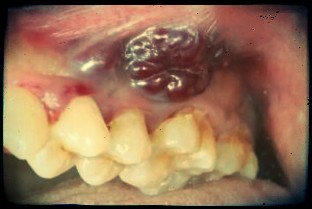
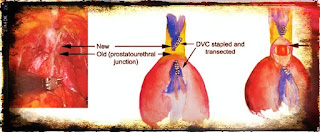
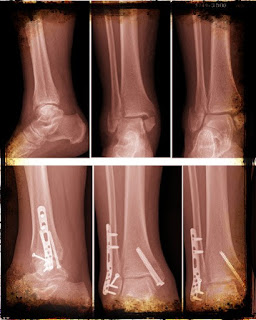
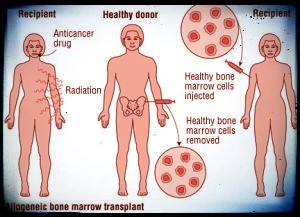


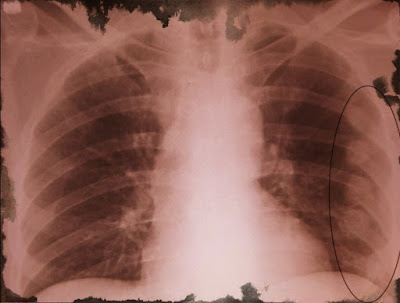


Comments
Post a Comment